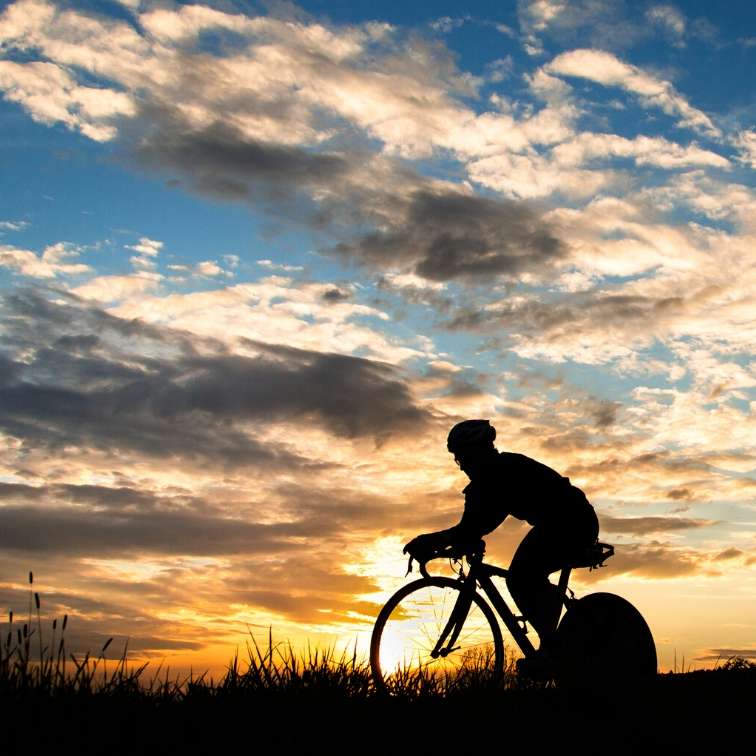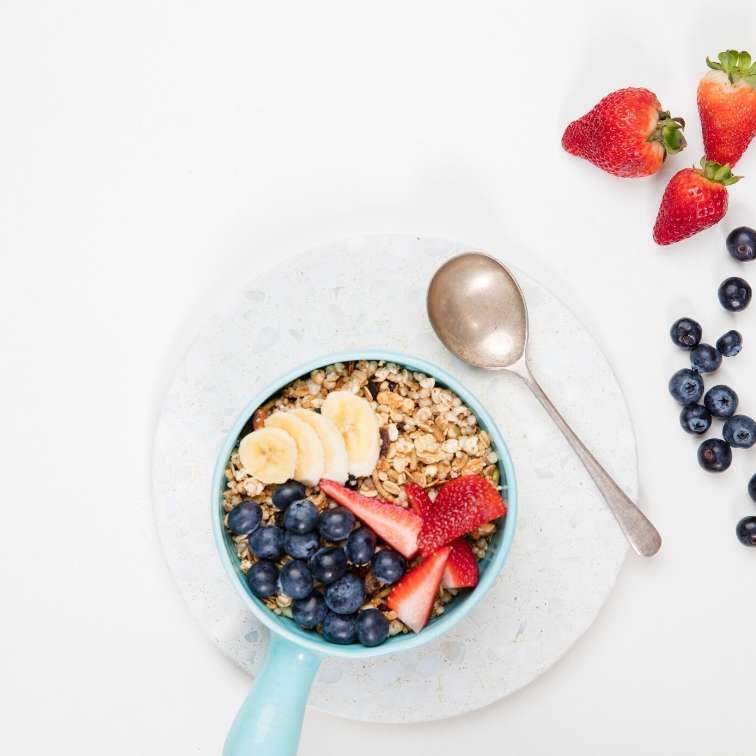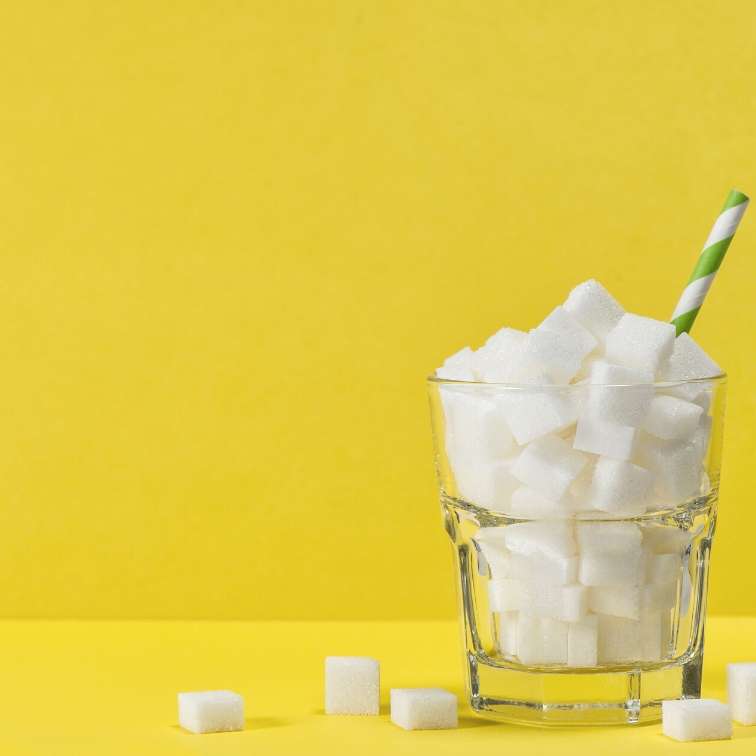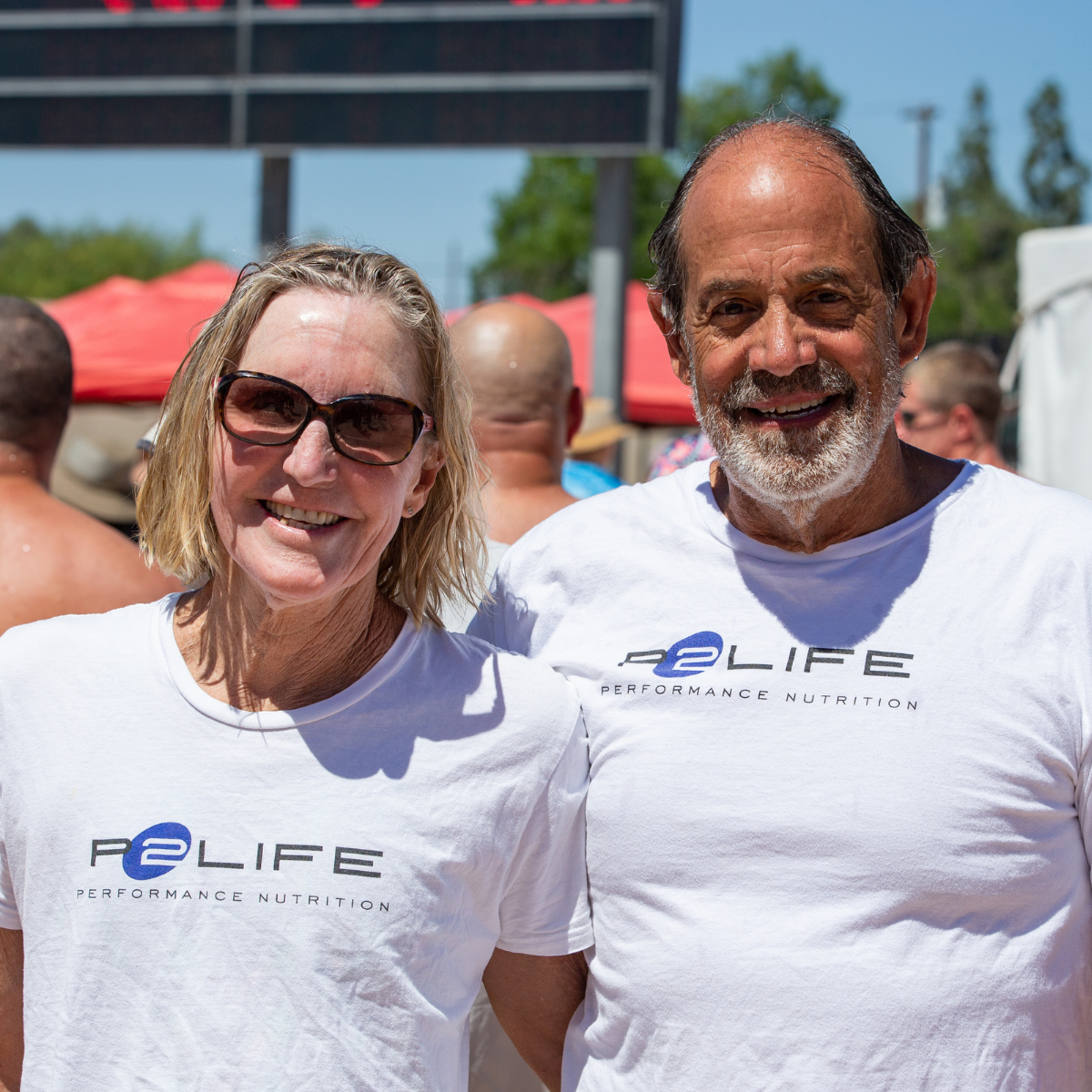
Take a Second Look at Your Triathlon Training Meal Plan
When putting together a triathlon training plan, most athletes focus on the obvious swimming, cycling, and running legs of the competition. But don't forget about that fourth leg: nutrition. What you eat during your training, as well on the day of the race, is just as important as the time you spend training your body for this intense endurance event.

A Few Months Before
During the first phase of your training, you'll want to start making adjustments to your typical diet and fine-tuning your nutrition to meet your needs when it comes to the big event. Write down what you're eating, how much water you're drinking, and how much sleep you're getting. This will become important during that final month before the triathlon when you do your rehearsal training sessions.
In general, you want to aim for optimal health during this period and get a healthy mix of carbs, protein, and veggies. Carbohydrates are especially important for endurance athletes since your body is running primarily on stored energy, also known as glycogen. The American College of Sports Medicine recommends that endurance athletes consume 2.7 to 4.5 grams of carbohydrates per pound of body weight each day, so make sure you're getting enough from food sources like whole grains, brown rice, and fruits. When it comes to protein, don't forget that you're training typically more than the average person so you need to get enough proteins. Ideally, you should aim for a carb-to-protein ratio between 4:1. And get your protein from food sources like lean meats, Greek yogurt, and quinoa and edamame. Vegetables also play an important role in your triathlon training diet. Since you'll be putting your body through extra stress, oxidative damage, and inflammation, give your body a diverse range of antioxidants and nutrients that colorful veggies can provide. Mix it up with kale, sweet potatoes, red bell peppers, carrots, and yellow squash.
1 Month Before the Race:
Your workouts are beginning to peak in intensity, so your meal plan needs some modification. To increase your glycogen stores, you'll need a bit more carbs for keeping this energy source at optimal levels. During moderate to high level exercise, you are burning between 500 to 1,000 calories per hour and your body typically only stores about two hours worth of carbohydrates. Most likely, you will need to replenish before your workout is over. This is where healthy snacking comes into play to keep your body fueled for the rigorous training.
Since you're training twice a day at this point, you'll also want good recovery nutrition to give your body a chance to repair. It is especially important to consume adequate carbohydrates and protein after a hard training to improve your recovery, as well as sodium and fluid and to maintain proper blood sugar levels. A quick and easy recovery meal is our NutriBoost shake that has all of the minerals and nutrients your body needs to adequately repair and heal for the next training session. Since there's more stress on your body than normal, your immune system is on overload. To help boost your immune system, add some berries that are full of cold-fighting antioxidants to your Nutriboost shake and don't let a last-minute case of the sniffles derail your training plan.
1 Week Before the Event:
This is crunch time, so definitely keep writing down everything you're eating and drinking so you don't sabotage months of training. This is the time to start that "carboloading" which helps your body get packed full with those glycogen stores that you'll be blowing through on the day of the race. Aim for about 3.5 to 4.5 grams of carbs per pound of body weight. This is the time to eat easily digestible carbs like white rice, potatoes, bananas, and melons. Watch out for fiber since eating fiber-rich foods can negatively affect your race day performance with nausea and other digestive stress-related symptoms. And don't forget about hydration. Aim to drink 64 and 96 ounces of water depending on your body weight and how much you sweat during event training sessions. You should be sweating out no more than 2 to 3 percent of your total body weight. If you lose any more fluids, you’ll experience a significant drop in performance, which is one of the top mistakes triathletes make when it comes to event day nutrition. Drink water and low calorie sports drinks to keep hydration levels at the right level.

Race day:
Eat a small breakfast about 2-3 hours before start time. For race day breakfast, eat lower fiber carbs with a bit of protein to help stabilize your blood sugar despite skimping on fiber. Good examples are a slice of plain toast with peanut butter, smoothie, pulp-free juice, yogurt, or a banana. And of course, like we mentioned before, hydrate! While the American College of Sports Medicine recommends consuming 0.5 to 0.75 grams of carbohydrates per pound of body weight immediately after the race, it’s best to get the bulk of those carbs from a smoothie or sports drink so that you also replenish fluids and help to replenish sodium that you’ve sweated out. No matter how much water you drink during the race, you will be slightly dehydrated when you cross the finish line.
Ultimately, each triathlete will have different nutrition needs based on body weight, type, and food preferences. But don't wait until the last minute to take a second look at your triathlon training meal plan that is an integral part of your race day success!
Sources:
http://acsm.org
http://triathlon.competitor.com/ 2014/12/nutrition/eat-like- champion_110552
http://triathlon.competitor.com/ 2012/04/nutrition/the-iron- core-meal-plan-an-example -of-how-to-eat-healthy- while-training-for-long -distances_7002
http://www.active.com/ nutrition/articles/ your-7-day-meal-plan- 882313
http://www.mensfitness.com/ nutrition/what-to-eat/ triathlon-training-nutrition- guide
http://www.usatriathlon.org/ about-multisport/multisport-zone/ fuel-station/ articles/the-hungry- triathlete-061509.aspx










Leave a comment
This site is protected by hCaptcha and the hCaptcha Privacy Policy and Terms of Service apply.